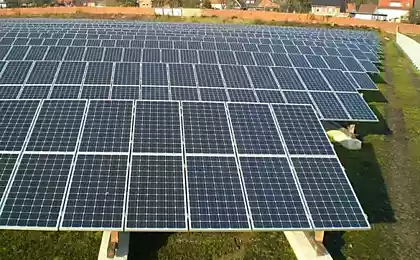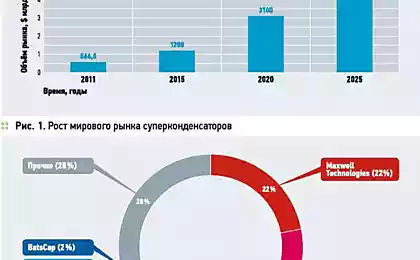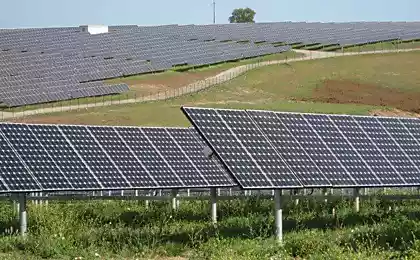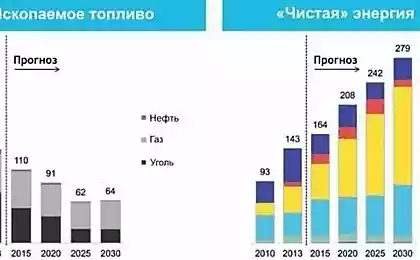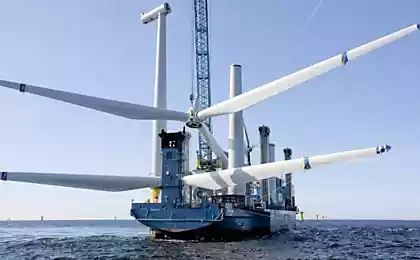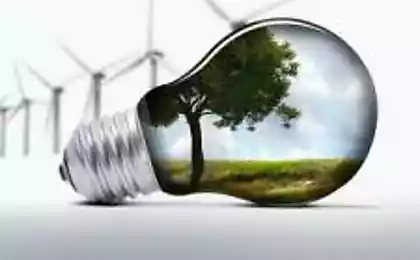427
By 2060, 50% of energy must ensure that renewable
Scientists at the University of Maryland in College Park developed a model of the future climate up to 2100. The study showed that under the conditions of the Paris agreement by all countries participating in global warming can be contained. The forecast was published in the book Paris Climate Agreement: Beacon of Hope.Scientists developed the empirical model shows what the world due to climate change, by 2100. The researchers made four scenarios depending on the influence of greenhouse gases and other factors on climate.
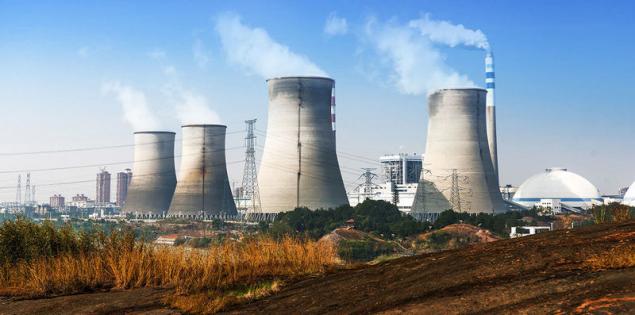
One of the most optimistic scenarios RCP 4.5 is involves the gradual reduction of emissions and prevent the temperature rise more than 1.5-2 degrees Celsius. Recall that in December 2015 the participating countries of the Paris agreement agreed to take measures to prevent temperature rise of more than 2 degrees compared to pre-industrial levels. With respect to the obligations, all countries scenario RCP 4.5 to be done, scientists say.
However, to reduce the emission of greenhouse gases is necessary before 2060. By that time, half of the world's energy must come from renewable sources, highlights one of the study's authors Brian Bennett.
Developed countries should assist developing countries in creating the infrastructure for renewable sources of energy. At the same time, developed countries will have to reduce its dependence on fossil fuels after 43 years.
To achieve full transition to renewable energy can be well before the 2060, according to scientists from the Technological University of Lappeenranta. They created a simulation of the world energy system fully based on renewable sources of energy. The global energy system are a new type you can build, by 2030, the researchers believe.
According to the report of the world energy Council, the share of renewable energy in total electricity production in the world right now is about 23%, but this figure is gradually increasing. Norway and Sweden until 2040 to fully switch to renewable energy sources, other countries are also planning to receive a significant percentage of electricity from "green" sources. Over the last 5 years outflows from the production of hydrocarbons reached $5.2 trillion. Of assets in the hydrocarbon industry have already refused to power Copenhagen, Stockholm and Berlin. On stage Ireland. published
P. S. And remember, only by changing their consumption — together we change the world! ©
Source: hightech.fm/2017/01/30/2060_renewables

One of the most optimistic scenarios RCP 4.5 is involves the gradual reduction of emissions and prevent the temperature rise more than 1.5-2 degrees Celsius. Recall that in December 2015 the participating countries of the Paris agreement agreed to take measures to prevent temperature rise of more than 2 degrees compared to pre-industrial levels. With respect to the obligations, all countries scenario RCP 4.5 to be done, scientists say.
However, to reduce the emission of greenhouse gases is necessary before 2060. By that time, half of the world's energy must come from renewable sources, highlights one of the study's authors Brian Bennett.
Developed countries should assist developing countries in creating the infrastructure for renewable sources of energy. At the same time, developed countries will have to reduce its dependence on fossil fuels after 43 years.
To achieve full transition to renewable energy can be well before the 2060, according to scientists from the Technological University of Lappeenranta. They created a simulation of the world energy system fully based on renewable sources of energy. The global energy system are a new type you can build, by 2030, the researchers believe.
According to the report of the world energy Council, the share of renewable energy in total electricity production in the world right now is about 23%, but this figure is gradually increasing. Norway and Sweden until 2040 to fully switch to renewable energy sources, other countries are also planning to receive a significant percentage of electricity from "green" sources. Over the last 5 years outflows from the production of hydrocarbons reached $5.2 trillion. Of assets in the hydrocarbon industry have already refused to power Copenhagen, Stockholm and Berlin. On stage Ireland. published
P. S. And remember, only by changing their consumption — together we change the world! ©
Source: hightech.fm/2017/01/30/2060_renewables


